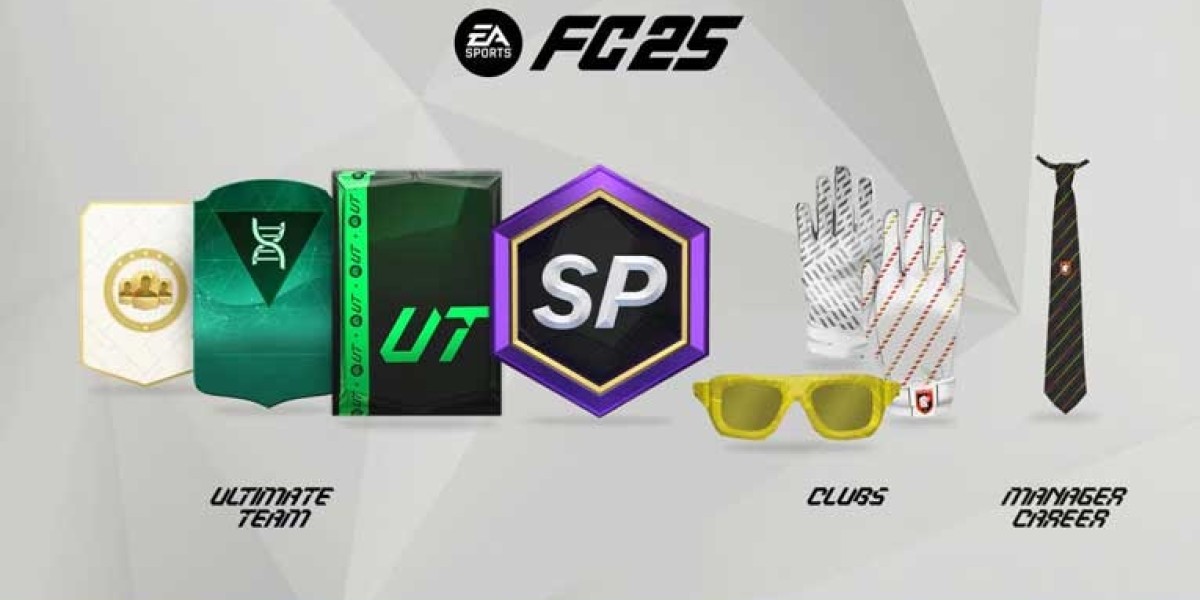In today’s fast-paced digital world, small businesses in India are constantly looking for cost-effective ways to reach customers, build relationships, and drive sales. Among various digital marketing platforms, WhatsApp has emerged as a game-changer for small business owners. With over 500 million users in India, WhatsApp marketing provides a direct and personal way to engage with customers, making it an indispensable tool for businesses of all sizes.
The Rise of WhatsApp Marketing
WhatsApp's popularity in India is due to its user-friendly interface, accessibility, and widespread adoption across urban and rural areas. Unlike traditional marketing channels that require significant investment, WhatsApp marketing is cost-effective and allows businesses to interact with customers instantly. The platform's features, such as broadcast lists, groups, WhatsApp Business API, and automated messaging, provide small businesses with opportunities to enhance customer engagement and streamline operations.
How Small Businesses Are Leveraging WhatsApp Marketing
1. Personalized Customer Engagement
One of the biggest advantages of WhatsApp marketing is the ability to have one-on-one conversations with customers. Small businesses use WhatsApp to send personalized messages, greetings, order confirmations, and promotional offers, creating a strong bond with their audience. This direct communication builds trust and encourages customer loyalty.
2. Seamless Order Taking and Customer Support
For many small businesses, WhatsApp serves as a primary customer support channel. Whether it’s a local grocery store, a home bakery, or a clothing boutique, businesses use WhatsApp to take orders, answer queries, and provide updates on deliveries. The ability to send voice messages and multimedia, such as images and videos of products, makes it even more convenient for customers to place orders.
3. WhatsApp Business API for Automated Messaging
The WhatsApp Business API allows businesses to automate responses and manage large volumes of customer inquiries efficiently. By integrating chatbots, small businesses can provide instant responses to frequently asked questions, such as product availability, pricing, and order tracking. This not only saves time but also improves customer satisfaction.
4. Building Customer Communities
WhatsApp groups have become an effective tool for small businesses to create communities around their products or services. Many businesses use groups to share exclusive deals, new product launches, and valuable content with their most engaged customers. This fosters a sense of belonging and encourages word-of-mouth marketing.
5. Status Updates as a Marketing Tool
WhatsApp Status, similar to Instagram Stories, allows businesses to share updates that disappear after 24 hours. Small business owners use this feature to showcase new arrivals, behind-the-scenes glimpses, limited-time offers, and customer testimonials. Since these updates are visible only to saved contacts, it ensures a targeted approach to marketing.
6. Cost-Effective Marketing Campaigns
Compared to traditional advertising channels like television or print media, WhatsApp marketing is highly cost-effective. Businesses can send promotional messages, discount codes, and referral offers at no additional cost beyond their internet connection. This makes it an ideal choice for small businesses with limited marketing budgets.
7. Encouraging Customer Feedback and Reviews
Customer feedback is crucial for any business, and WhatsApp provides a simple way to collect it. Many small businesses ask customers to share their reviews through WhatsApp messages, which can then be used as testimonials on other marketing platforms. Positive word-of-mouth recommendations through WhatsApp help businesses grow organically.
Challenges and How to Overcome Them
While WhatsApp marketing offers numerous benefits, there are challenges such as message overload, spam concerns, and maintaining a professional approach. To overcome these, businesses should:
Use WhatsApp Business App: This helps in managing business communications separately from personal messages and offers features like quick replies and automated greetings.
Avoid Spamming Customers: Sending too many promotional messages can annoy customers. It’s important to strike a balance and ensure content is valuable and relevant.
Leverage Opt-in Strategy: Businesses should seek customer permission before sending messages to comply with regulations and maintain trust.
The Future of WhatsApp Marketing for Small Businesses
As WhatsApp continues to evolve with new features such as payments, shopping catalogs, and interactive messaging options, small businesses in India have even more opportunities to grow. With the increasing shift towards digital transactions and online shopping, WhatsApp marketing will play a crucial role in shaping the future of small business marketing.
For entrepreneurs looking to expand their reach and improve customer engagement, WhatsApp provides a powerful, affordable, and efficient platform. By using it strategically, small businesses in India are not only surviving but thriving in today’s competitive marketplace.



